HealthQuest Infusion & Specialty: Your Partner in Health and Wellness
Experience comprehensive services in home infusion therapy, infusion suites, specialty pharmaceuticals, Immunology, Rheumatology, Neurology, Anti-Infectious Disease, Gastroenterology treatment and management.


About Us
Simplifying Healthcare for all
Our sole mission is to alleviate the complexities of healthcare, making your life simpler and more manageable. We specialize in injectable and infusible drugs and provide comprehensive treatment options for various health conditions. Choose from our convenient home infusion therapy or visit our state-of-the-art infusion centers.
HealthQuest
IVIG Therapy
Seeking convenient and customized IVIG Therapy? With our range of care options for IVIG and SCIG infusions, you’re assured of receiving the best possible treatment, whether in the comfort of your home or at our state-of-the-art infusion center. Our mission is to deliver the highest quality care, guaranteeing the success of your treatment. Our dedicated team of specialists is always on hand, guiding you through each step, addressing any questions, and providing unwavering support.


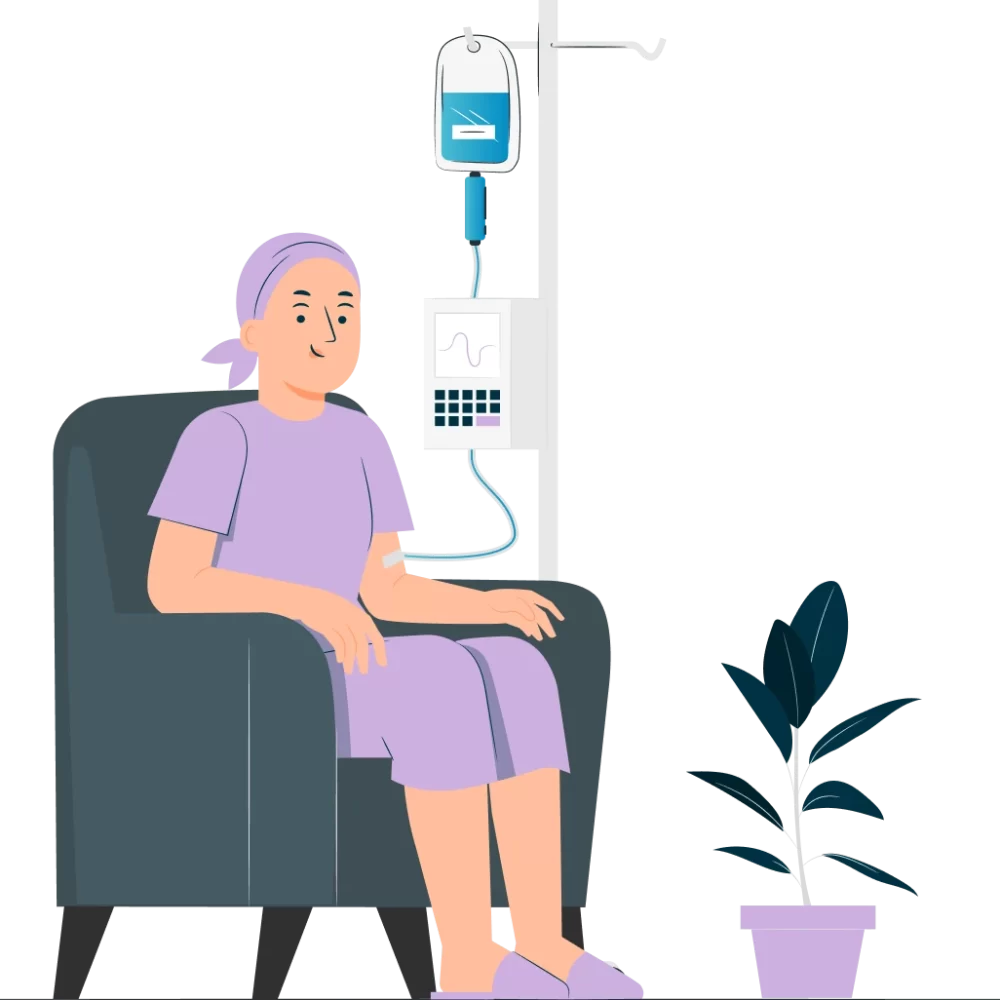
HealthQuest
Home Infusion
Are you tired of visiting hospitals or clinics to receive your medication? HealthQuest offers a more straightforward solution – administer your medicine in the comfort of your home, whether at work or on the go.
Our expert team ensures the seamless delivery of injectable and infusible medication, helping you return to your everyday life and work schedule sooner.
HealthQuest
Infusion Center
Receive top-notch infusion treatment in a serene and welcoming environment. Our state-of-the-art infusion centers provide patients with the essential care they need, all while ensuring their utmost comfort. With a dedicated team of empathetic and skilled nurses, you can trust that you are in good hands at HealthQuest.
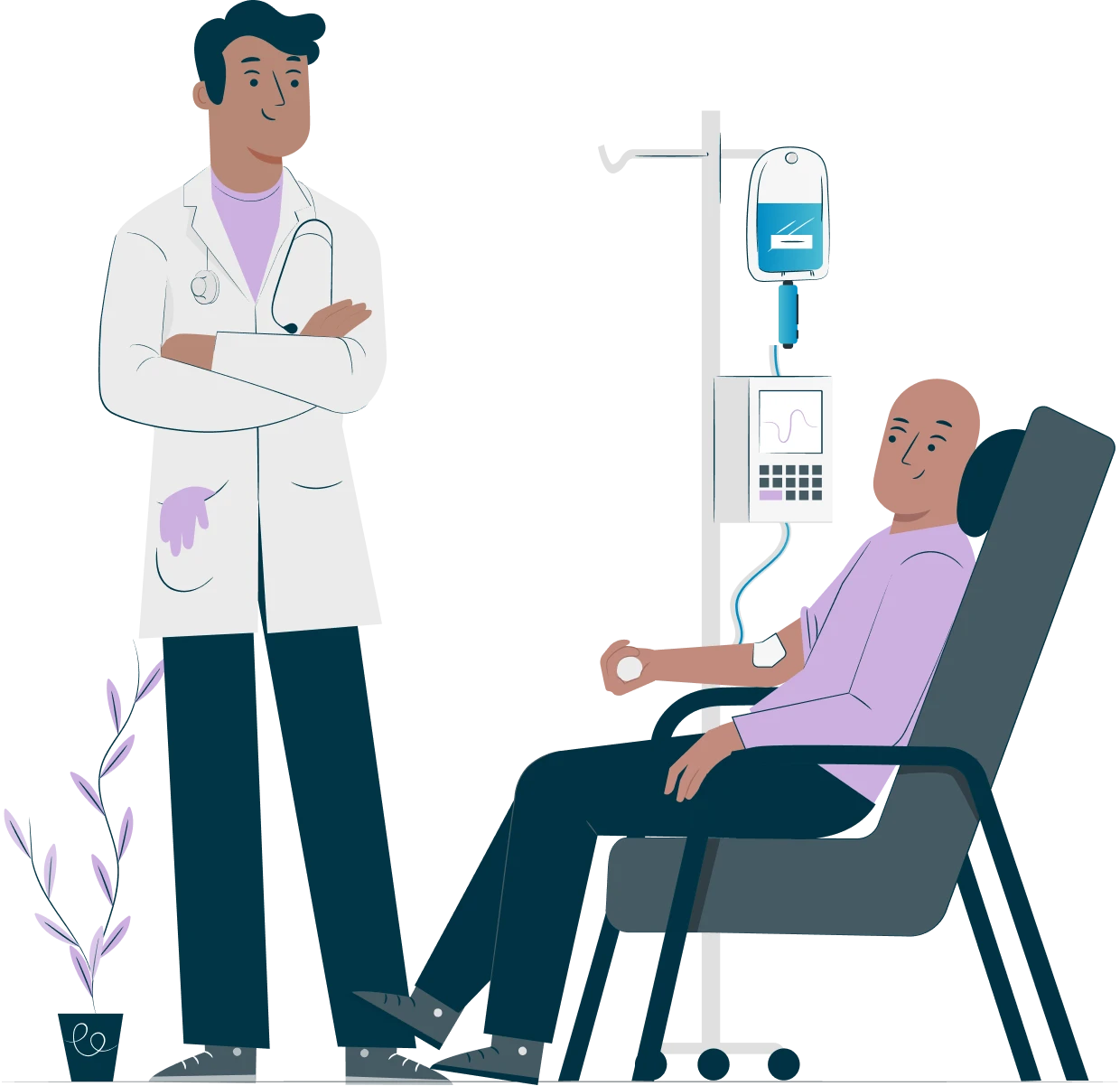
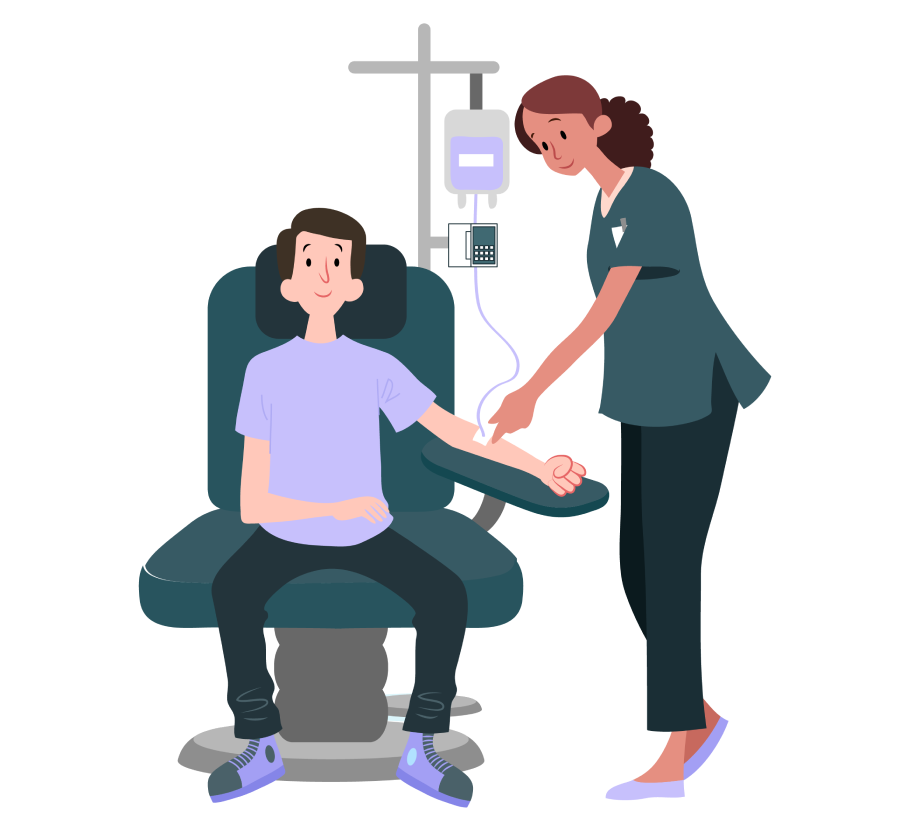
HealthQuest
Specialty
Our mission is to empower patients by giving them access to the most innovative and effective specialty drug therapies. Our dedicated team delivers a comprehensive range of injectable and infusible drugs, customizing treatments to meet the specific needs of patients facing various health conditions, including neurology, rheumatology, gastroenterology, and more.
HealthQuest
Patient Resources
Therapies
-
Insite Therapy Center.
We provide a comprehensive solution for in-office infusion suites and office management. Whether you already have a practice or are just starting, we offer a turnkey solution that allows physicians to seamlessly manage their patients from start to finish. With our expertise and support, you can focus on providing exceptional care while we care for the rest.
Process
How We Work
Looking for excellent home infusion therapy services that helps you to heal with your medical conditions? HealthQuest is the Infusion therapy service provider in Houston that are offering variety of treatments that are highly cost effective. We make sure to provide advanced care and treatment that helps patients to fight with their chronic medical diseases.
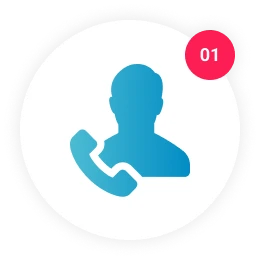
Contact Your
Prescriber
Take the first step towards your healing journey by contacting your prescriber

Prescriber-Client Connection
Once your prescriber has identified the potential for infusion or specialty therapy, they will connect with our dedicated customer service team
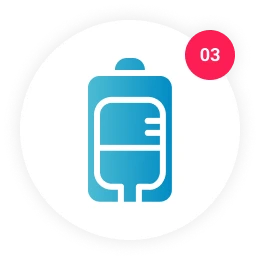
Personalized
Treatment Plan
Our experienced team and your prescriber will develop a personalized treatment plan tailored to your needs and goals
Testimonial
What Others Say About Us
ExcellentBased on 32 reviews
 Robert Hardesty2024-01-12This was my 2nd interaction with Peter. In my first conversation, he listened and understood the situation and did all that was in his ability to resolve the situation. The very NEXT DAY, Peter called to tell me that the issue would be expedited and I should expect to see my refund in 2 business days. He gave me a confirmation number for the CC transaction/refund. Many thanks to Peter for the extra efforts he took to resolve the issue and personally call me with the results.
Robert Hardesty2024-01-12This was my 2nd interaction with Peter. In my first conversation, he listened and understood the situation and did all that was in his ability to resolve the situation. The very NEXT DAY, Peter called to tell me that the issue would be expedited and I should expect to see my refund in 2 business days. He gave me a confirmation number for the CC transaction/refund. Many thanks to Peter for the extra efforts he took to resolve the issue and personally call me with the results. Julie Gazin2023-12-29I worked with Melvin G. & he was the first person who listened to me & resolved the issue of my insurance claim. I am so relieved & he was so pleasant to work with. It was a great experience…he made my day! God bless him & I appreciate his patience & diligence in getting to the bottom of this.♥️♥️♥️
Julie Gazin2023-12-29I worked with Melvin G. & he was the first person who listened to me & resolved the issue of my insurance claim. I am so relieved & he was so pleasant to work with. It was a great experience…he made my day! God bless him & I appreciate his patience & diligence in getting to the bottom of this.♥️♥️♥️ Alisa Barrera2023-12-28HealthQuest Infusion - esp James, made the whole experience extremely easy & hassle free! He was available for questions, always patient & extremely knowledgeable. Thanks to him & the everyone I dealt with, I felt confident & comfortable handling a very scary health crisis. He made us feel cared for & confident in our time of need.
Alisa Barrera2023-12-28HealthQuest Infusion - esp James, made the whole experience extremely easy & hassle free! He was available for questions, always patient & extremely knowledgeable. Thanks to him & the everyone I dealt with, I felt confident & comfortable handling a very scary health crisis. He made us feel cared for & confident in our time of need. Tandy Nerren2023-05-20I ran out of meds once
Tandy Nerren2023-05-20I ran out of meds once Veronica Degracia2023-04-20Very responsive, knowledgeable and have always been available for me when caring for patients. I love Melanie she always does a great job!!!
Veronica Degracia2023-04-20Very responsive, knowledgeable and have always been available for me when caring for patients. I love Melanie she always does a great job!!! oscar sabillon2023-04-20This company has great costumer service and provide good guidance and education as part of the services. His rep. Jorge Arias takes the time to explain everything and does a great job representing his company.
oscar sabillon2023-04-20This company has great costumer service and provide good guidance and education as part of the services. His rep. Jorge Arias takes the time to explain everything and does a great job representing his company. Jennifer2022-08-24Always so caring and attentive to my dads needs and antibiotics are delievered quick and efficiently. Tammy always takes care of us and always on the go! Thank you ???? Definitely recommend!
Jennifer2022-08-24Always so caring and attentive to my dads needs and antibiotics are delievered quick and efficiently. Tammy always takes care of us and always on the go! Thank you ???? Definitely recommend! Teresa2021-08-12After a lengthy hospital stay, my Mom was being discharged to either skilled nursing or at home IV therapy. Initially, we opted for skilled nursing which was a big mistake. I then reached out to James at HeallthQuest who helped guide us for at home infusions. Our experience with James was superb. He was understanding, had a sense of urgency and was extremely knowledgable during a very stressful time. He made himself available to answer questions in a timely manner, communicated with the doctor and had the medications delivered quickly. We highly recommend HealthQuest and felt extremely blessed to work with such a competent company.
Teresa2021-08-12After a lengthy hospital stay, my Mom was being discharged to either skilled nursing or at home IV therapy. Initially, we opted for skilled nursing which was a big mistake. I then reached out to James at HeallthQuest who helped guide us for at home infusions. Our experience with James was superb. He was understanding, had a sense of urgency and was extremely knowledgable during a very stressful time. He made himself available to answer questions in a timely manner, communicated with the doctor and had the medications delivered quickly. We highly recommend HealthQuest and felt extremely blessed to work with such a competent company.

our blog
Stay Informed with the Latest News in Infusion Therapy
February 26, 2024
What Is Infusion Therapy Or Intravenous Therapy?
NewsLetter
Stay Updated


